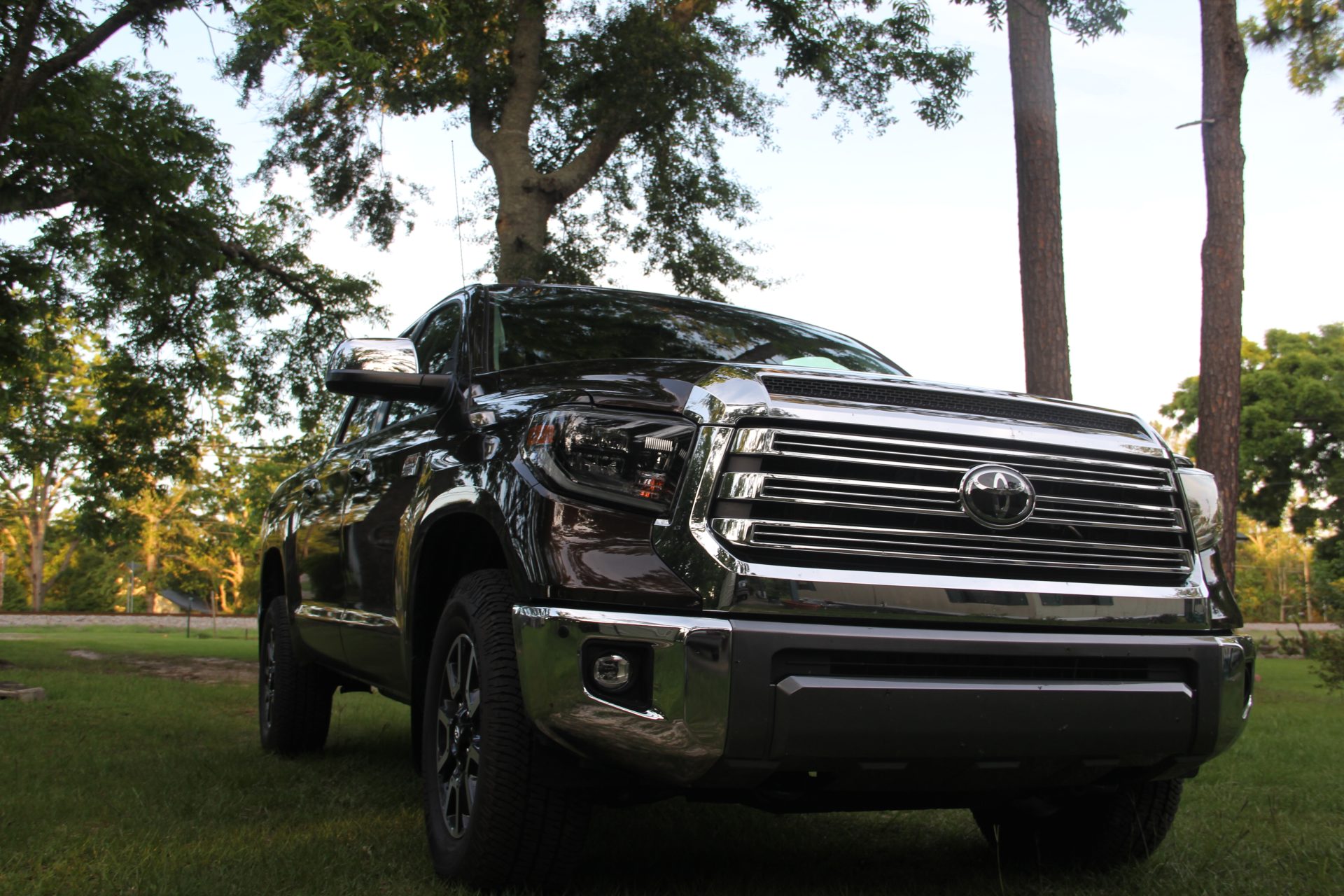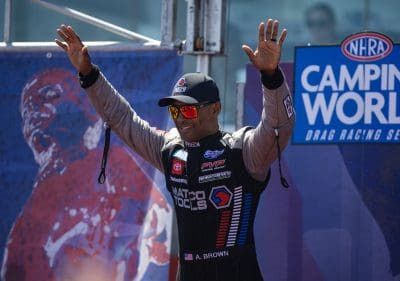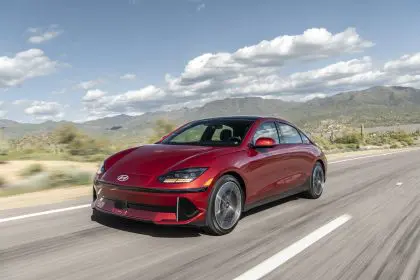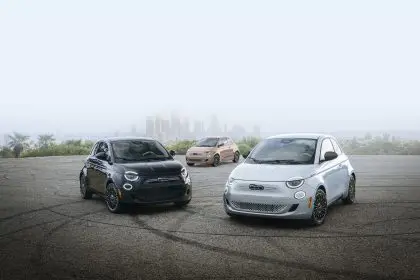
The January 2016 North American International Auto Show delivered more than a lot of stunning vehicles with mind-blowing technology. It was also a gathering place for some of the most important people in the auto industry.
One key figure in today’s car business is John James, founder and chairman of James Group International. James’ company is one of the leading global providers of supply chain management services, and has been a major competitor in the field since its inception in 1971.
Toyota is one of JGI’s satisfied customers. The companies formed a strategic alliance, Magnolia Automotive Services LLC. This agreement includes JGI purchasing tires, wheels, sensors and related components and inspecting the parts before shipping the finished product to Toyota’s assembly plant in Blue Springs, Mississippi.
We asked James about his history in the industry and his best advice to those who aspire to enter the automotive field.
How did you get into the automotive industry?
I started in the trucking business in 1971 when the Interstate Commerce Commission regulated it and required a license. Usually, people weren’t allowed in. It took eight years of fighting the bureaucratic system to get into the business. My case went to the U.S. Supreme Court. So, I spent quite a bit of time trying to get into the business, and then I had to start competing. But it didn’t work out for us. We’ve evolved from the trucking business to other types of logistics. Right now, my two sons are running the business.
What advice do you give to business owners coming into a field that sometimes struggles with diversity?
That’s one of the questions I asked my customers when I was in trucking. I noticed a lot of the businesses behind me were also in trucking, and all of a sudden, you find yourself competing with a small group of people. I asked two of my customers how much of their transportation dollars [were] spent on trucking, and each replied, “About 15 percent.” So I thought, “Wow, why am I here competing for the 15 percent when I could be competing for the 85 percent?” So that’s when i started looking into other areas that were not traditional.
















